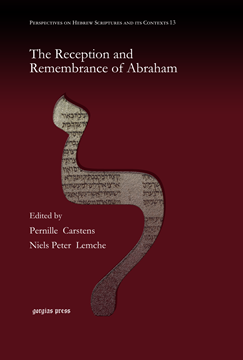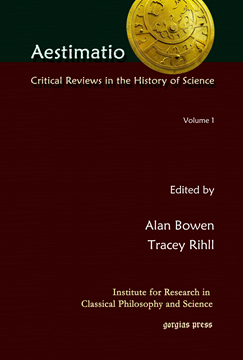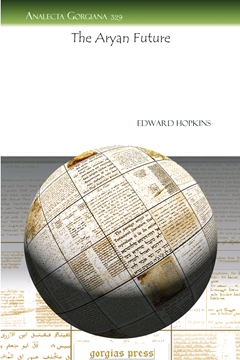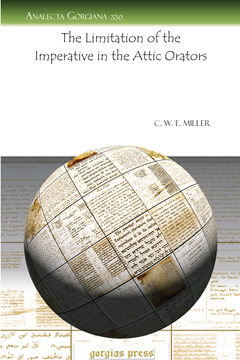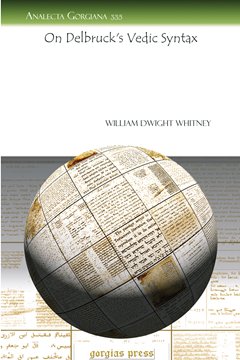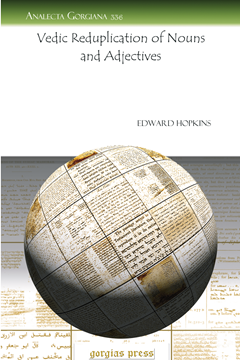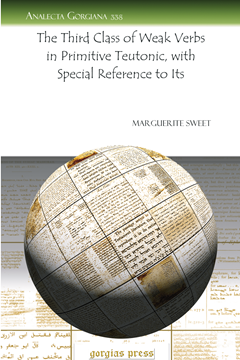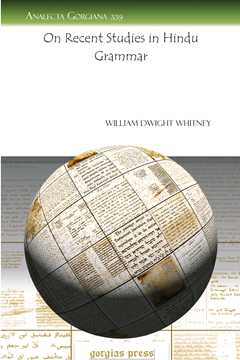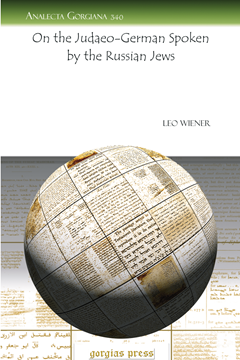The Reception and Remembrance of Abraham
ISBN: 978-1-4632-0054-1
This book explores the role of the biblical patriarch Abraham in the formation and use of authoritative texts in the Persian and Hellenistic periods. It reflects a conference session in 2009 focusing on Abraham as a figure of cultural memory in the literature of these periods. Cultural memory is the shared reproduction and recalling of what has been learned and retained. It also involves transformation and innovation. As a figure of memory, stories of Abraham served as guidelines for identity-formation and authoritative illustration of behaviour for the emerging Jewish communities.
$161.00 (USD)
Critical Reviews in the History of Science (Volume 1)
Edited by Alan C. Bowen & Tracey E. Rihll
Series: Aestimatio 1
ISBN: 978-1-60724-617-6
Aestimatio provides critical, timely assessments of books published in the history of what was called science from antiquity to the early modern period in cultures ranging from Spain to India, and from Africa to northern Europe. The aim is to allow reviewers the opportunity to engage critically both the results of research in the history of science and how these results are obtained.
$129.00 (USD)
The Aryan Future
Series: Analecta Gorgiana 329
ISBN: 978-1-60724-587-2
Edward Hopkins, a famous scholar of comparative linguistics, compares the features of the future tense in languages of Aryan (Indo-European) origin.
$41.00 (USD)
The Limitation of the Imperative in the Attic Orators
Series: Analecta Gorgiana 330
ISBN: 978-1-60724-588-9
Miller provides a systematic analysis of the ways in which Attic orators used the ancient Greek imperative.
$38.00 (USD)
On Delbruck's Vedic Syntax
Series: Analecta Gorgiana 335
ISBN: 978-1-60724-589-6
William Whitney reviews the Vedic syntax of Delbruck, the founder of the study of comparative linguistcs.
$38.00 (USD)
Vedic Reduplication of Nouns and Adjectives
Series: Analecta Gorgiana 336
ISBN: 978-1-60724-590-2
Edward Hopkins discusses the reduplication in Vedic nouns that mirrors the sort of reduplication more commonly found in Indo-European verbs, and suggests verbal origins for such nouns.
$39.00 (USD)
The Saturnian Metre
Series: Analecta Gorgiana 337
ISBN: 978-1-60724-591-9
Wallace Martin Lindsay addresses the still unresolved problem of Saturnian meter in early Latin poetry, presenting the case for the accent-based meter over the quantitative.
$44.00 (USD)
The Third Class of Weak Verbs in Primitive Teutonic, with Special Reference to Its Development in An
Series: Analecta Gorgiana 338
ISBN: 978-1-60724-592-6
In this paper Marguerite Sweet offers a tentative explanation by showing parallels not in Latin (as was previously suggested) but in Gothic.
$40.00 (USD)
On Recent Studies in Hindu Grammar
Series: Analecta Gorgiana 339
ISBN: 978-1-60724-593-3
William Dwight Whitney reviews the work of Bruno Liebich and R. Otto Franke, two scholars whose work was foundational to the codification of Sanskrit grammar and literature.
$36.00 (USD)
On the Judaeo-German Spoken by the Russian Jews
By Leo Wiener
Series: Analecta Gorgiana 340
ISBN: 978-1-60724-594-0
Leo Wiener presents an overview of the history, culture, and language of the Jews who emigrated from Germany to Slavic countries and continued to speak a dialect of German.
$42.00 (USD)
